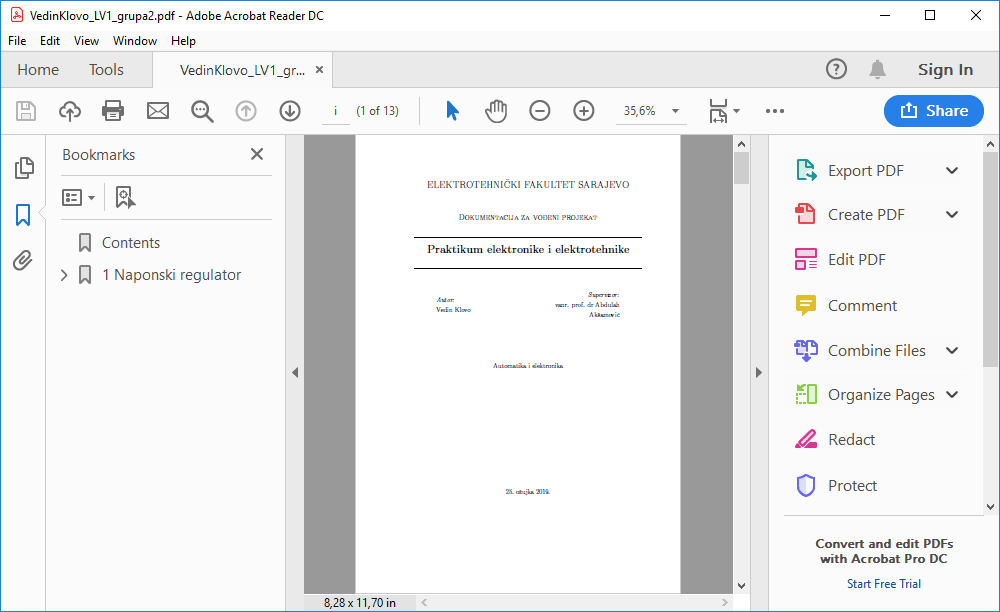In today’s global economy, efficient supply chain management (SCM) is more critical than ever. As businesses face increasing competition, rising customer expectations, and complex logistical challenges, the ability to manage supply chains effectively can be a significant differentiator. This article explores the importance of efficient supply chain management, its key components, and the benefits it brings to businesses.
Understanding Supply Chain Management
What is Supply Chain Management?
Supply chain management refers to the coordination and management of all activities involved in the production and delivery of goods and services. This includes sourcing raw materials, manufacturing products, First Logistics managing inventory, and distributing finished goods to customers. Efficient SCM integrates various functions and processes, ensuring that they work together seamlessly to optimize overall performance.
Key Components of Supply Chain Management
- Sourcing and Procurement: Identifying and acquiring the necessary raw materials and components from suppliers.
- Production and Manufacturing: Converting raw materials into finished products through efficient manufacturing processes.
- Inventory Management: Monitoring and controlling stock levels to meet demand without incurring excess costs.
- Logistics and Distribution: Managing the transportation and delivery of goods to customers.
- Customer Relationship Management: Ensuring effective communication and service delivery to meet customer expectations.
The Importance of Efficient Supply Chain Management
1. Cost Reduction
One of the primary benefits of efficient supply chain management is cost reduction. By streamlining processes and eliminating inefficiencies, businesses can minimize operational costs. Key strategies include:
- Optimizing Inventory Levels: Efficient inventory management reduces holding costs and minimizes waste, leading to significant savings.
- Negotiating Better Supplier Contracts: Strong relationships with suppliers can lead to better pricing and terms, further reducing procurement costs.
- Improving Transportation Efficiency: Optimizing logistics routes and methods can lower transportation costs and reduce delivery times.
2. Enhanced Customer Satisfaction
In today’s competitive market, customer satisfaction is paramount. Efficient supply chain management contributes to improved customer experiences by:
- Ensuring Timely Deliveries: Streamlined processes lead to faster order fulfillment and reliable delivery schedules, enhancing customer trust.
- Improving Product Availability: Effective inventory management ensures that products are readily available when customers need them, reducing stockouts and backorders.
- Providing Better Service Levels: Efficient SCM allows businesses to respond quickly to customer inquiries and issues, improving overall service quality.
3. Increased Agility and Flexibility
Efficient supply chain management enables businesses to be more agile and responsive to changes in the market. This is crucial in today’s fast-paced environment, where demand patterns can shift rapidly. Key benefits include:
- Adapting to Market Changes: Businesses can quickly adjust production and inventory levels in response to fluctuating demand, ensuring they remain competitive.
- Managing Disruptions: A well-managed supply chain is better equipped to handle disruptions, such as natural disasters or supplier issues, minimizing their impact on operations.
- Implementing New Technologies: Efficient SCM allows businesses to integrate new technologies and processes more easily, enhancing overall agility.
4. Improved Collaboration and Communication
Effective supply chain management fosters collaboration and communication among various stakeholders, including suppliers, manufacturers, and logistics providers. Benefits of enhanced collaboration include:
- Streamlined Processes: Improved communication leads to better coordination of activities, reducing delays and inefficiencies.
- Shared Information: Collaborative SCM allows for real-time sharing of data, enabling all parties to make informed decisions and respond quickly to changes.
- Stronger Relationships: Building strong partnerships with suppliers and logistics providers enhances trust and cooperation, leading to better outcomes for all stakeholders.
5. Enhanced Competitive Advantage
In a crowded marketplace, businesses that excel in supply chain management can gain a significant competitive advantage. By optimizing their supply chains, companies can:
- Differentiate Themselves: Efficient SCM can lead to unique value propositions, such as faster delivery times or superior service quality.
- Reduce Time to Market: Streamlined processes enable businesses to bring new products to market more quickly, responding to customer needs and trends.
- Achieve Cost Leadership: Companies that effectively manage their supply chains can offer competitive pricing while maintaining profitability.
Conclusion
The importance of efficient supply chain management cannot be overstated in today’s dynamic business environment. By focusing on cost reduction, customer satisfaction, agility, collaboration, and competitive advantage, businesses can optimize their supply chains and drive overall success. In an era where consumer expectations continue to rise, investing in efficient supply chain management strategies is essential for companies looking to thrive and maintain a strong market presence. As the landscape of global trade evolves, efficient SCM will remain a critical factor in achieving long-term growth and sustainability.




